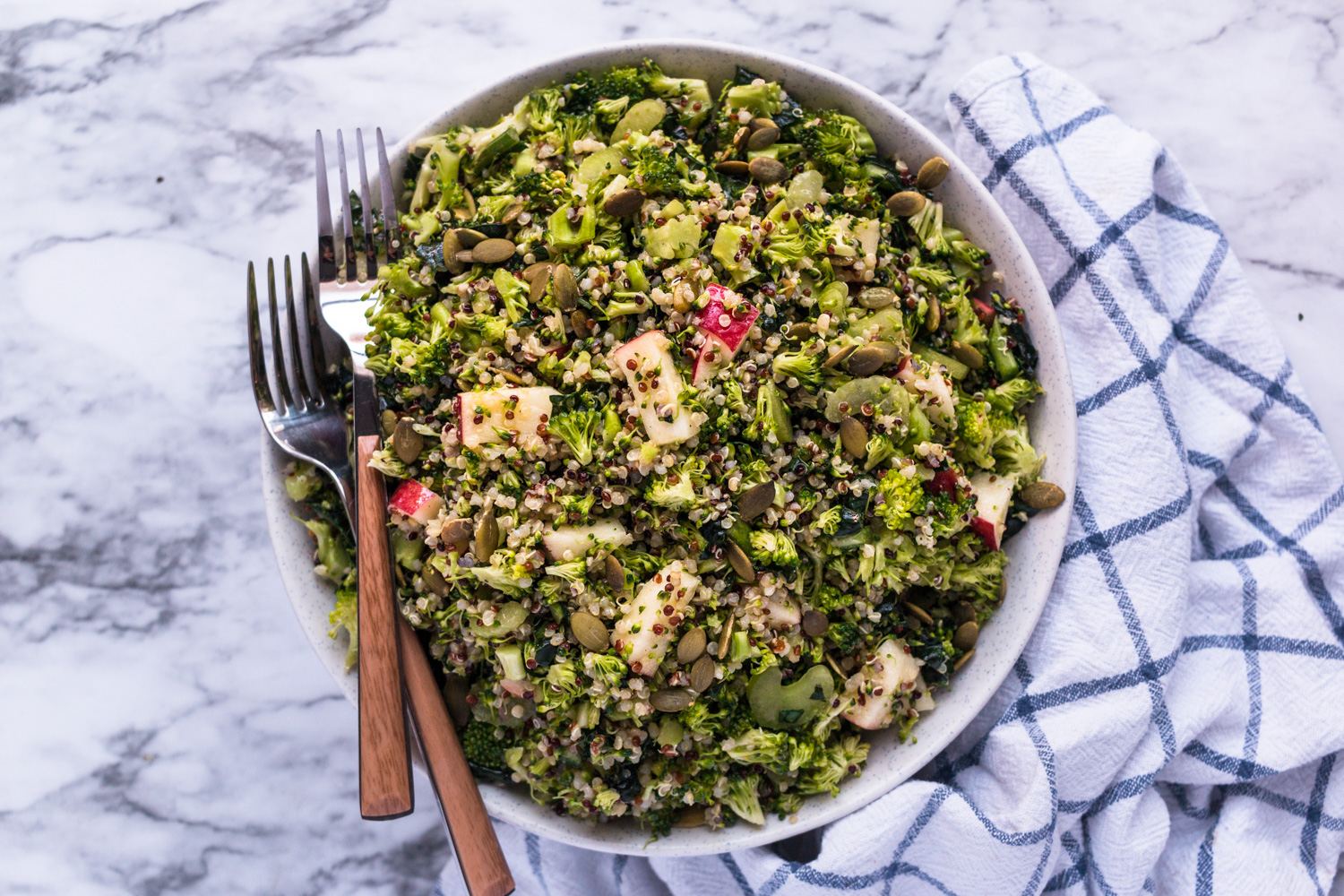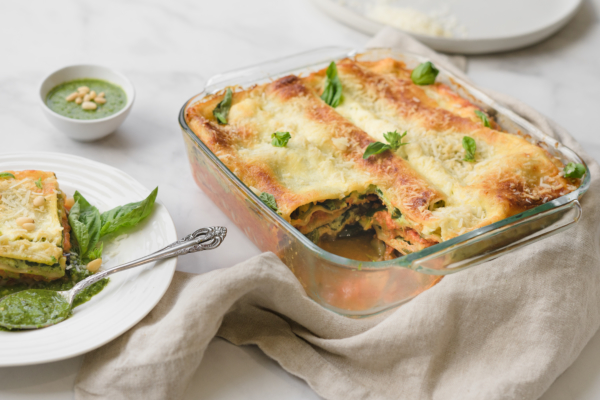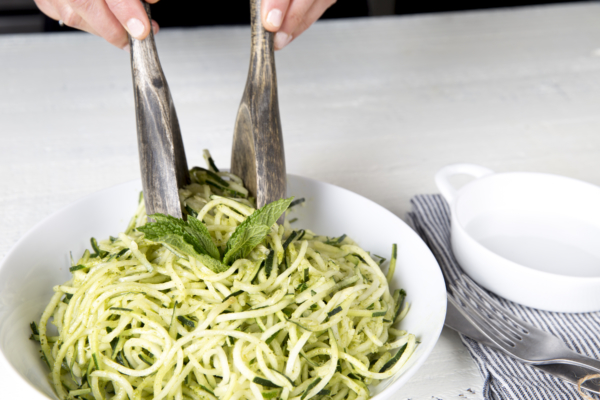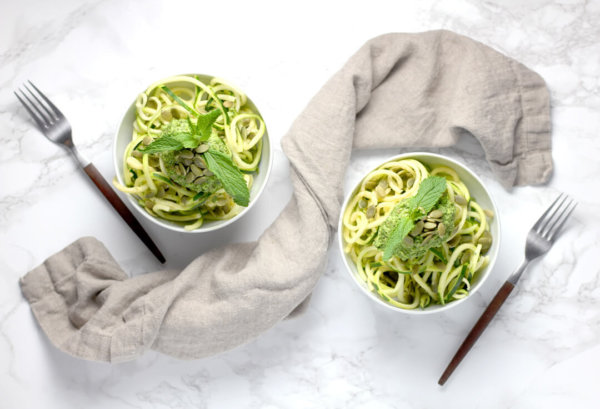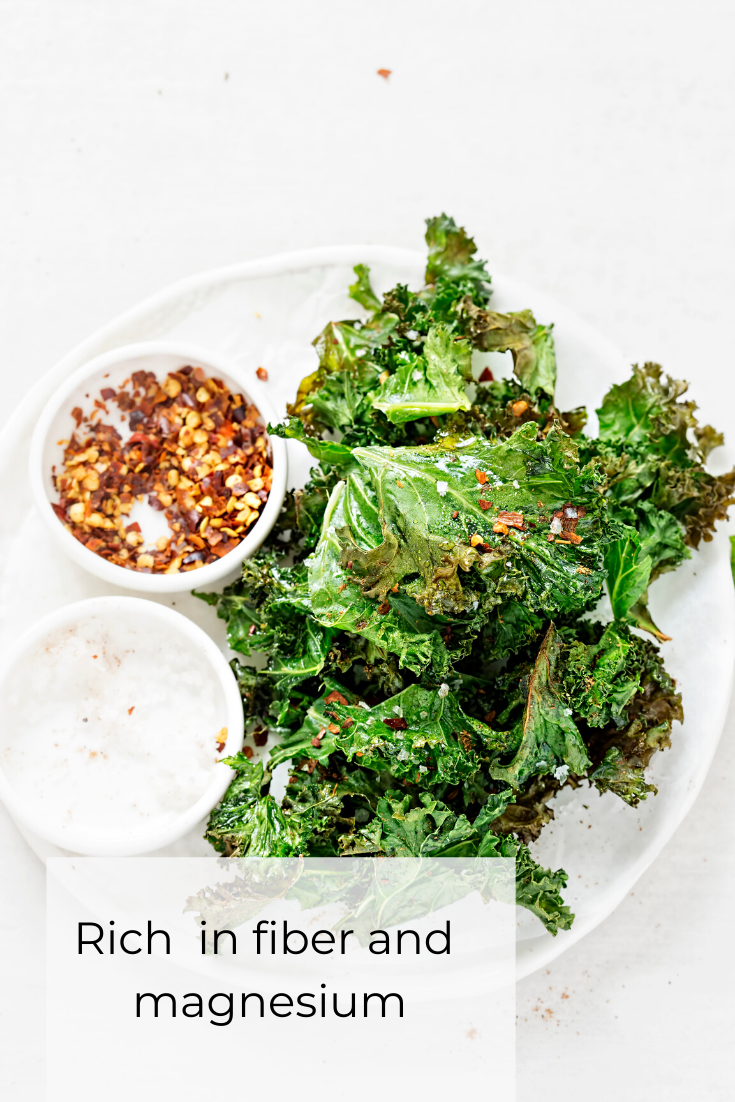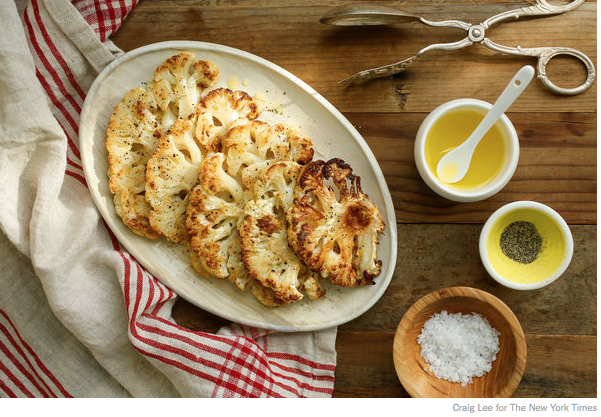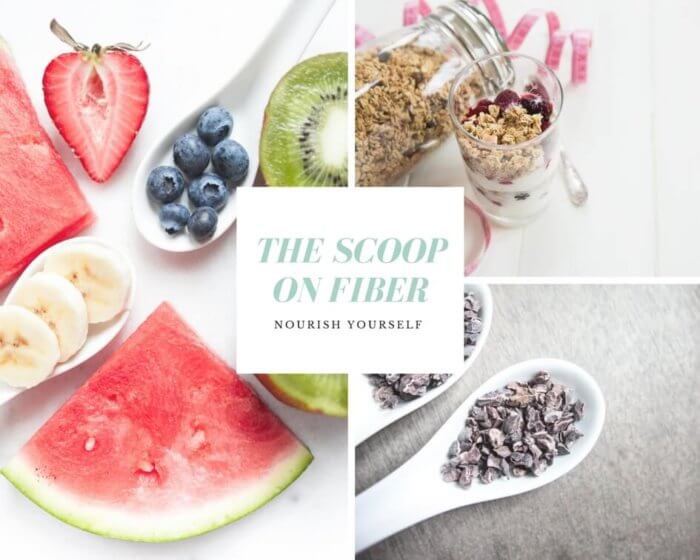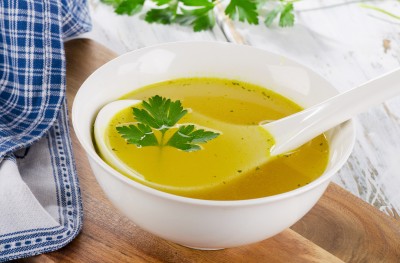gut health
12/8/23
Amidst the indulgent feast that typically takes center stage during [...]
06/14/23
Despite embracing a healthy diet, regular exercise, and stress management [...]
10/3/19
October is here, and that means one thing: Halloween candy [...]
06/21/19
Do you experience digestive issues like IBS, SIBO, or gastroparesis? [...]
01/12/19
Did you know that some seemingly healthy foods like red [...]
11/12/18
Gut health is a hot topic, and for good reason! [...]
08/31/18
Have you ever overlooked cauliflower? You're not alone! But this [...]
12/1/17
Did you overindulge this Thanksgiving? No problem. Let’s work [...]
10/30/14
Do you suffer from adrenal fatigue? Do you have dry [...]

